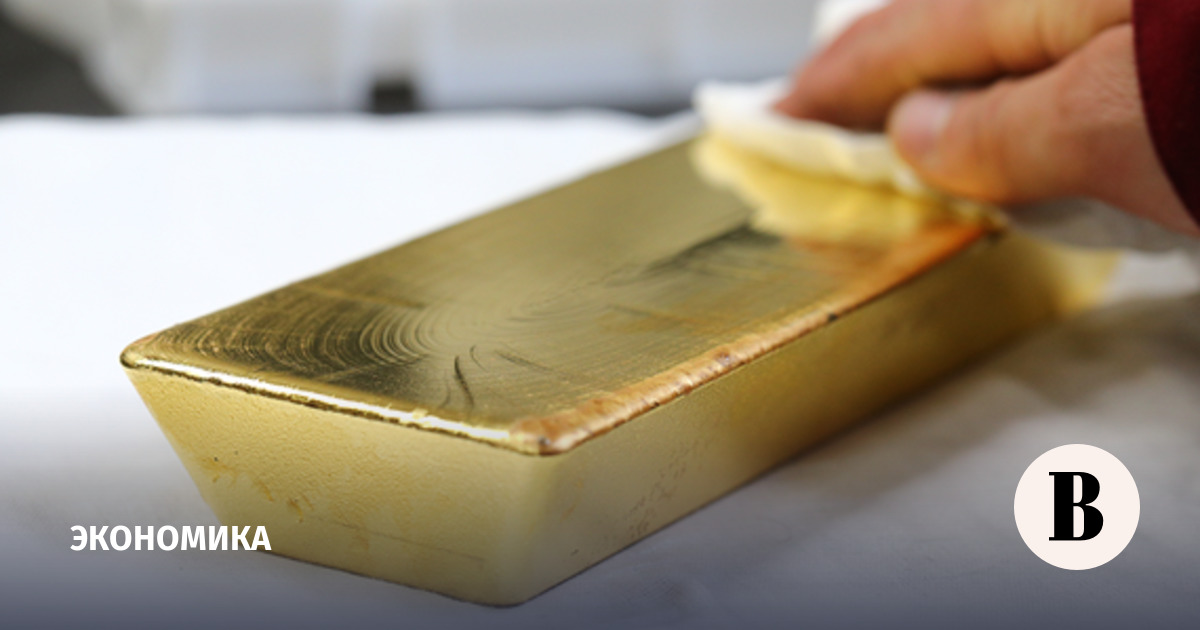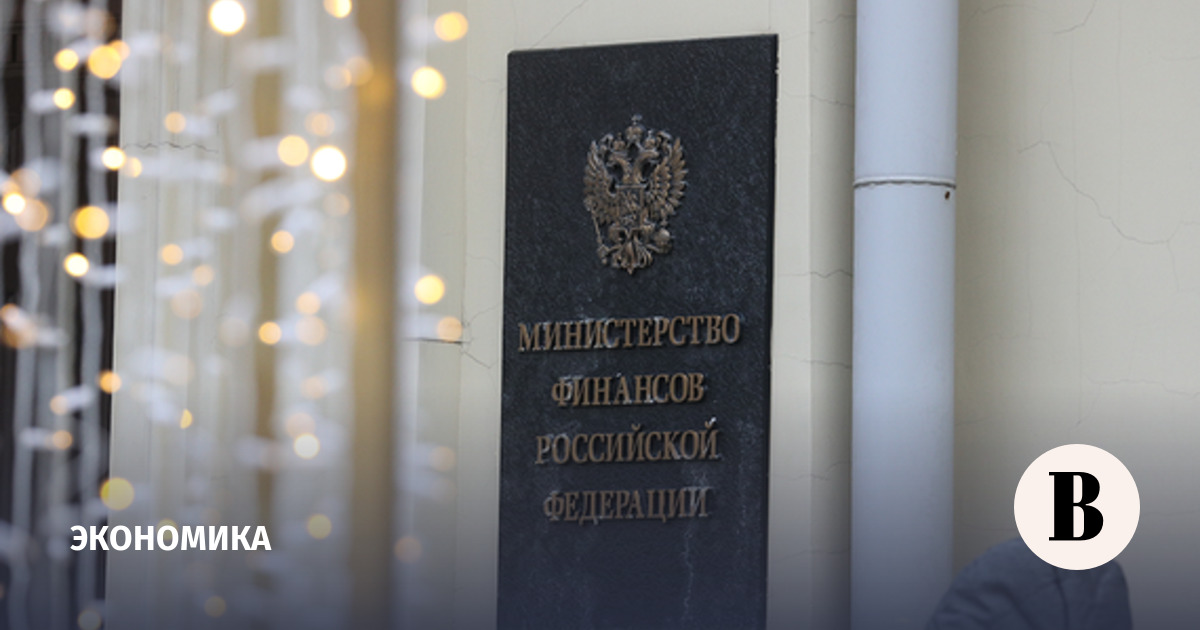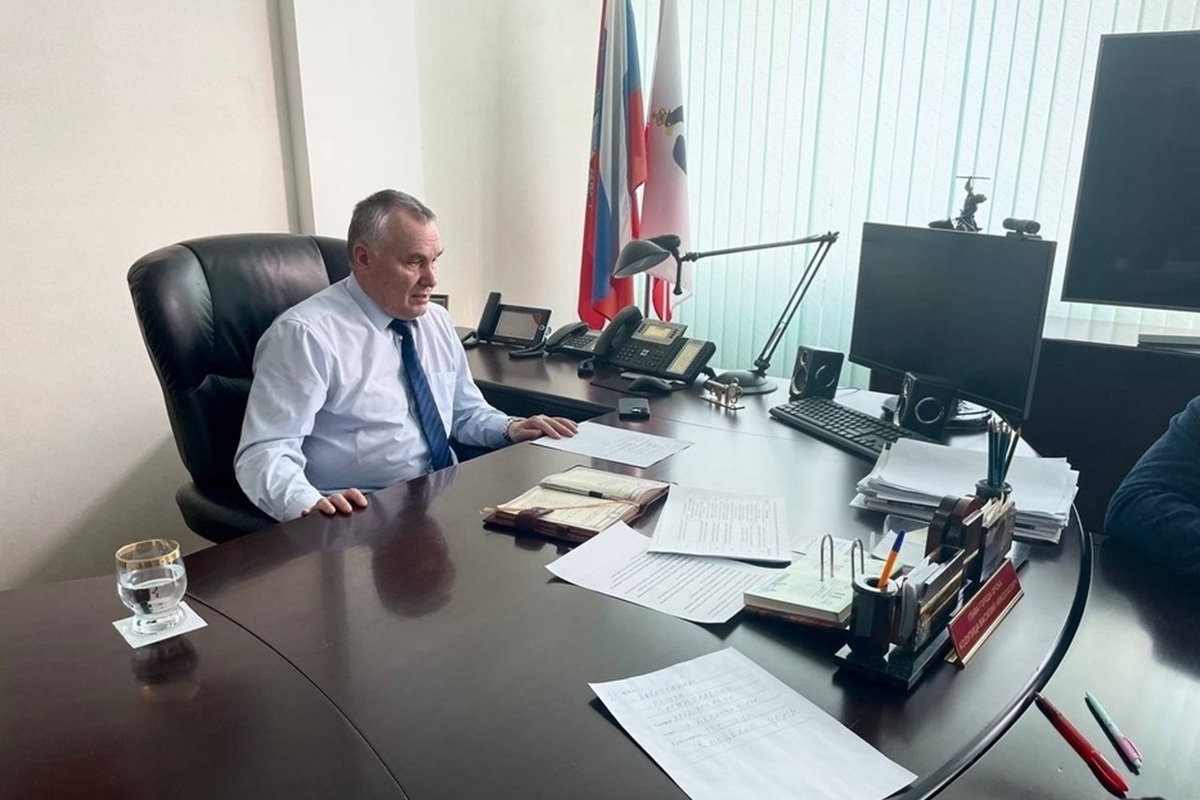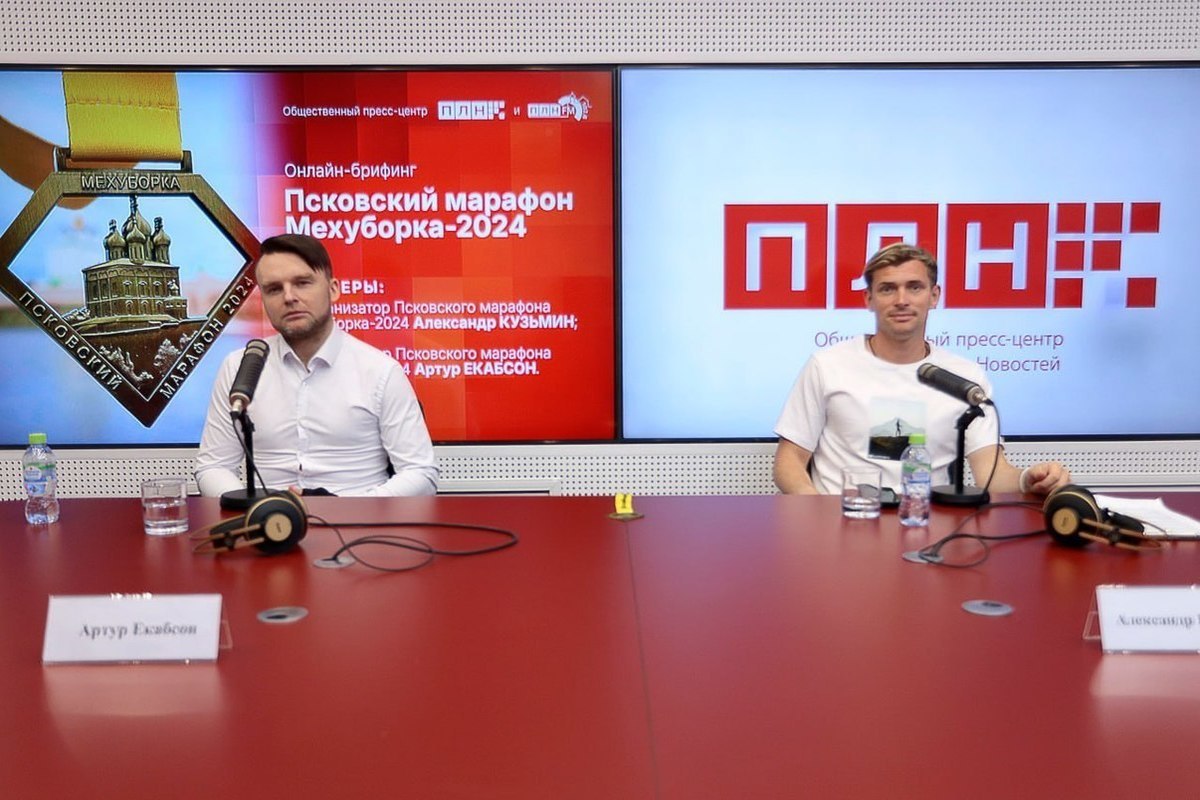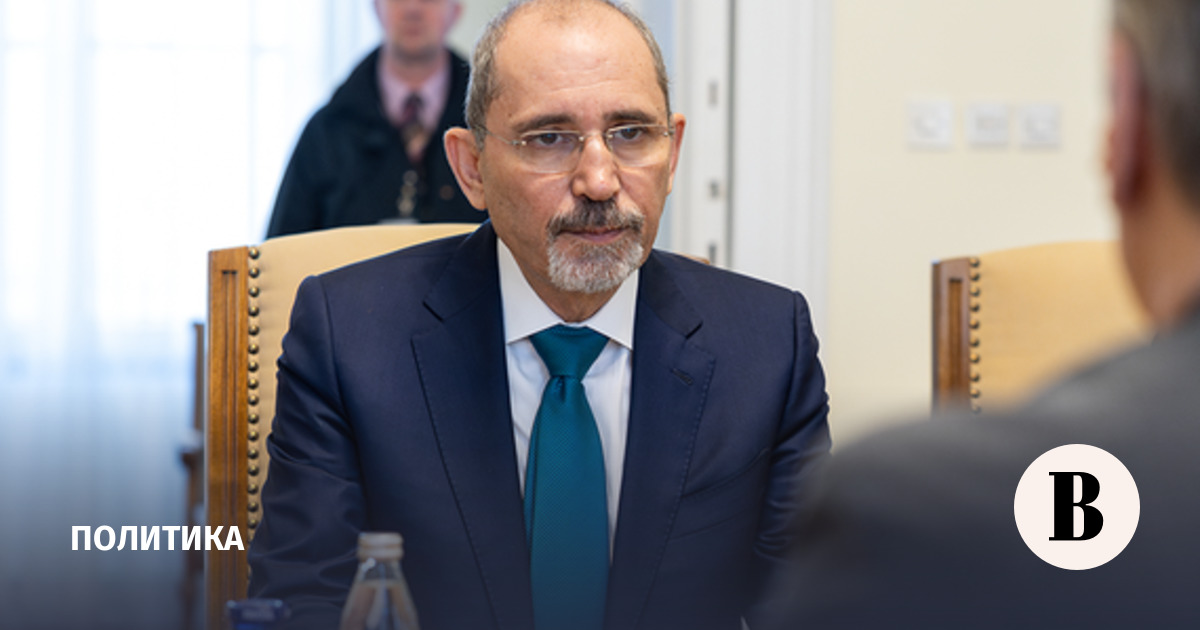Small business paid almost 5 trillion rubles to the budget system in 2022
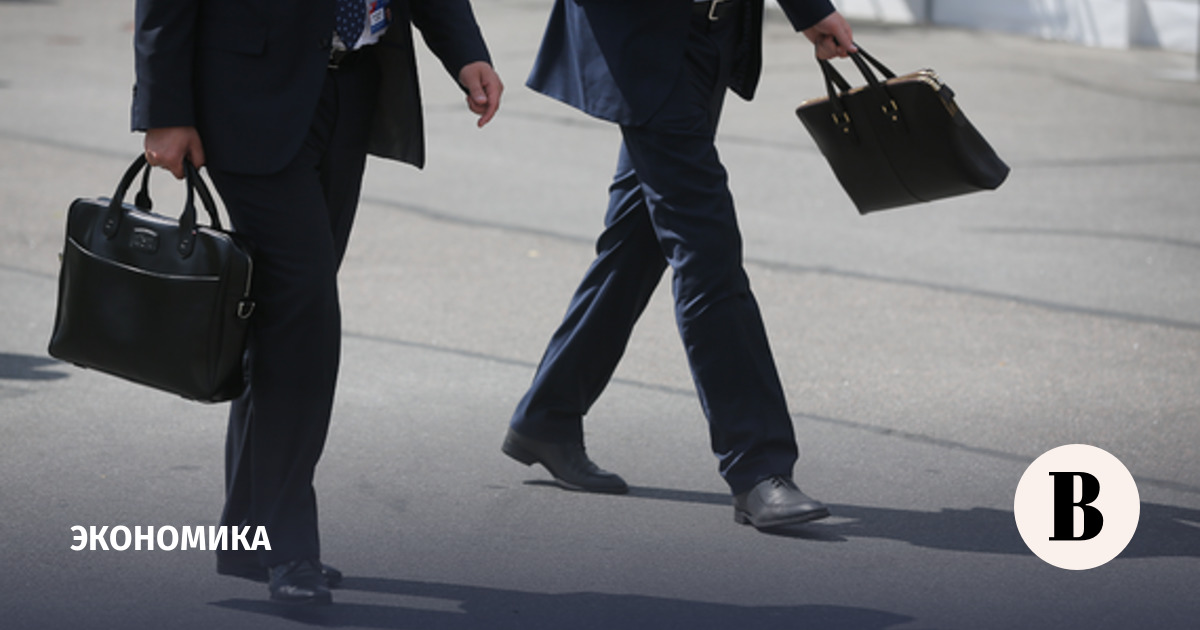
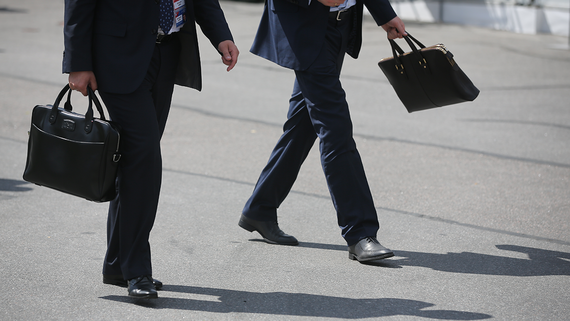
One-fifth of all revenues to the budget system are provided by tax deductions from small and medium-sized businesses, said the head of the Federal Tax Service, Daniil Yegorov, during the Opora Rossii Council of Regions. More than 70% of companies in the country are small businesses, but most of them are micro businesses, he said.
Last year, tax revenues to the consolidated budget from small and medium-sized businesses increased by 10% compared to 2021 and amounted to 4.7 trillion rubles, follows from the presentation of the department presented by Yegorov. Most of them are labor taxes. Receipts from insurance premiums amounted to 1.5 trillion rubles. (growth by 0.6% compared to 2021), from personal income tax - 1.4 trillion rubles. (growth by 14%). At the same time, not all receipts of insurance premiums are taken into account in the amount, since
last year, the deadlines for their payment for April-September for enterprises from a number of industries were postponed to May 2024. Deductions SME income tax amounted to 870 billion rubles. (+14%). Specialist. regimes (simplified taxation system and unified agricultural tax) brought the budget 855 billion rubles. (+17%), patent system - 37 billion rubles. (+5%). Last year, the unified register of SMEs included 5.8 million companies, by July 2023 their number will grow to 5.9 million, follows from the data of the Federal Tax Service.
The introduction of an experiment to zero VAT for catering, which was designed to bring the industry out of the shadows, brought an additional 2.5 billion rubles to the budget. taxes, said Yegorov. “At the same time, colleagues, do not consider it disrespectful, but we see companies that do not show revenue in catering. We are far from dreaming of opening the chapter "tax control" of the Tax Code, but otherwise there will be unequal competition. Therefore, we will consider this the last Chinese warning,” the head of the Federal Tax Service warned.
At the same time, one of the most serious problems of "whitewashing" is taxes on labor, Yegorov admitted. They are a serious burden for enterprises where the share of costs for paying employees is high, and in small businesses they are higher than those of the average company.
So far, there are no grounds for revising the thresholds for SMEs, including those that serve as the basis for the application of the Simplified Taxation System (STS), Egorov believes. “I specifically looked at how many companies exit small businesses and fall into normal taxation. Slightly more than 1000 companies per year. It’s not even frivolous, ”the head of the Federal Tax Service emphasized. “Do we have to respond to this transition from one state to another by expanding the thresholds every time? Or there may be included other tools that companies can pick up to switch to regular taxation, to the state of medium business,” he said.
According to Yegorov, if “non-neutral taxation” appears, as, for example, between individuals and companies, between small and “ordinary” businesses, then distortion will occur. “And of course, there will be motivation to use more preferential rates,” said the head of the Federal Tax Service.
Earlier, Opora Rossii proposed to raise the threshold for balance sheet funds for enterprises using the simplified taxation system (STS). The association asked to index it from the current 150 million to 250 million rubles. At the same time, income thresholds for the application of the simplified tax system increase annually in accordance with the deflator coefficient set by the Ministry of Economics - in 2023, the limit is set at 251.4 million rubles.
Now, if the value of fixed assets exceeds 150 million rubles. following the results of any of the reporting periods (quarter, six months, nine months or the whole year), the business entity loses the right to apply the simplified tax system. The current threshold has not been indexed since 2016, while only the accumulated consumer inflation over this period exceeds 50%, the business association noted.
The indexation of thresholds will prevent the fragmentation of the business, that is, the conduct of activities using several formally independent persons, experts noted.
The chairman of Opora Rossii, Alexander Kalinin, during his speech, suggested that deputies and senators define in the Tax Code what fragmentation is. Now this is determined on the basis of clarifications from the letters of the Federal Tax Service and the Ministry of Finance, he explained. Often, businesses are split up not to optimize taxes, but because of the bureaucratic requirements of the law, Kalinin explained. For example, a security company may need three licenses - for working with weapons, without weapons and for servicing security equipment, which means that one company formally has to be split up. Today, the Federal Tax Service charges 70-80 million rubles for splitting. three years, Kalinin added. “Legislators, write down the criteria for splitting, so that the entrepreneur knows from the Tax Code that he will be punished for this. It is for this, and there will be no other grounds,” he stressed.

